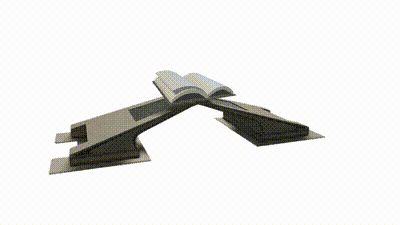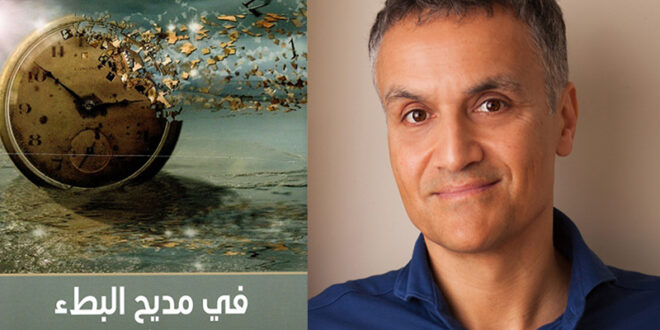Today, we live in a fast-paced world. Everything moves quickly: work, school, social life, and even the moments that are supposed to be relaxing. Amid this hustle, Canadian writer Carl Honoré, in his book “In Praise of Slow”, invites us to reflect: Do we really need all this speed? And does it actually make our lives better?
The Cost of Speed
Honoré points out that speed comes with a heavy price. With so many distractions and rushing from one task to another, we lose important moments in our lives. Our relationships with family and friends suffer, and we hardly find time to enjoy the present. We live life in a hurry, moving from one thing to the next without pausing to savor what we’ve accomplished.
Think about the last time you sat by a train window and just watched the scenery. You probably can’t remember because we’re always busy with something: our phones, our laptops, or even thinking about the next task. In this world filled with information and noise, it’s becoming harder to allow ourselves to simply stop and relax.
Fast Life = Shallow Life
Honoré argues that when we live life at high speed, it becomes shallow. We can’t dive deep into things, and we fail to build meaningful relationships with others. Author Milan Kundera, in his novel “Slowness”, writes, “When things happen too fast, nobody can be certain of anything, not even of himself.” This captures the essence of the problem; speed makes us lose touch with ourselves.
Constantly chasing time makes us feel stressed and overwhelmed, whereas slowing down allows us to be fully present in our lives. Slowing down isn’t just about stopping; it’s a chance to reconnect with ourselves and truly enjoy what we do.
The Philosophy of Slow: The Secret Is Balance
Honoré’s philosophy of slow revolves around one simple word: balance. Slowing down doesn’t mean giving up speed entirely; it’s about knowing when to speed up and when to slow down. Imagine your life like music; it needs to be balanced, with the right tempo for each moment.
How to Live Slowly
- Manage Your Relationship with Technology: Our phones have become a big part of our lives, but they aren’t always helpful. We need to know when to use technology and when to step away. Instead of endlessly scrolling through Instagram or browsing the web, try taking time to relax away from screens.
- The Art of Saying No: One of the most important aspects of a slower life is the ability to say no. By setting priorities and cutting out unnecessary commitments, we can focus on the things that truly matter. This means saying yes only to what genuinely improves our lives.
Can Slow Make a Difference?
Honoré believes that the slow movement has the potential to spark a revolution in our lives. Even though the movement might not have a formal structure or widespread popularity, many people already practice its principles without even realizing it. Every step towards slowing down strengthens this idea: living life better and deeper.
Conclusion
Ultimately, Carl Honoré’s “In Praise of Slow” is an invitation for all of us to rethink our relationship with time and speed. Slow living isn’t about stopping work or progress; it’s about living in a way that is more balanced and fulfilling. Let’s enjoy the present moment, give ourselves the chance to slow down and reflect, and live our lives in the best way possible.
References:
- Carl Honoré, “In Praise of Slow: Challenging the Cult of Speed”, translated by Maher Al-Junaidi, Kalima Project, 2017.
 Makkah Lovers
Makkah Lovers



